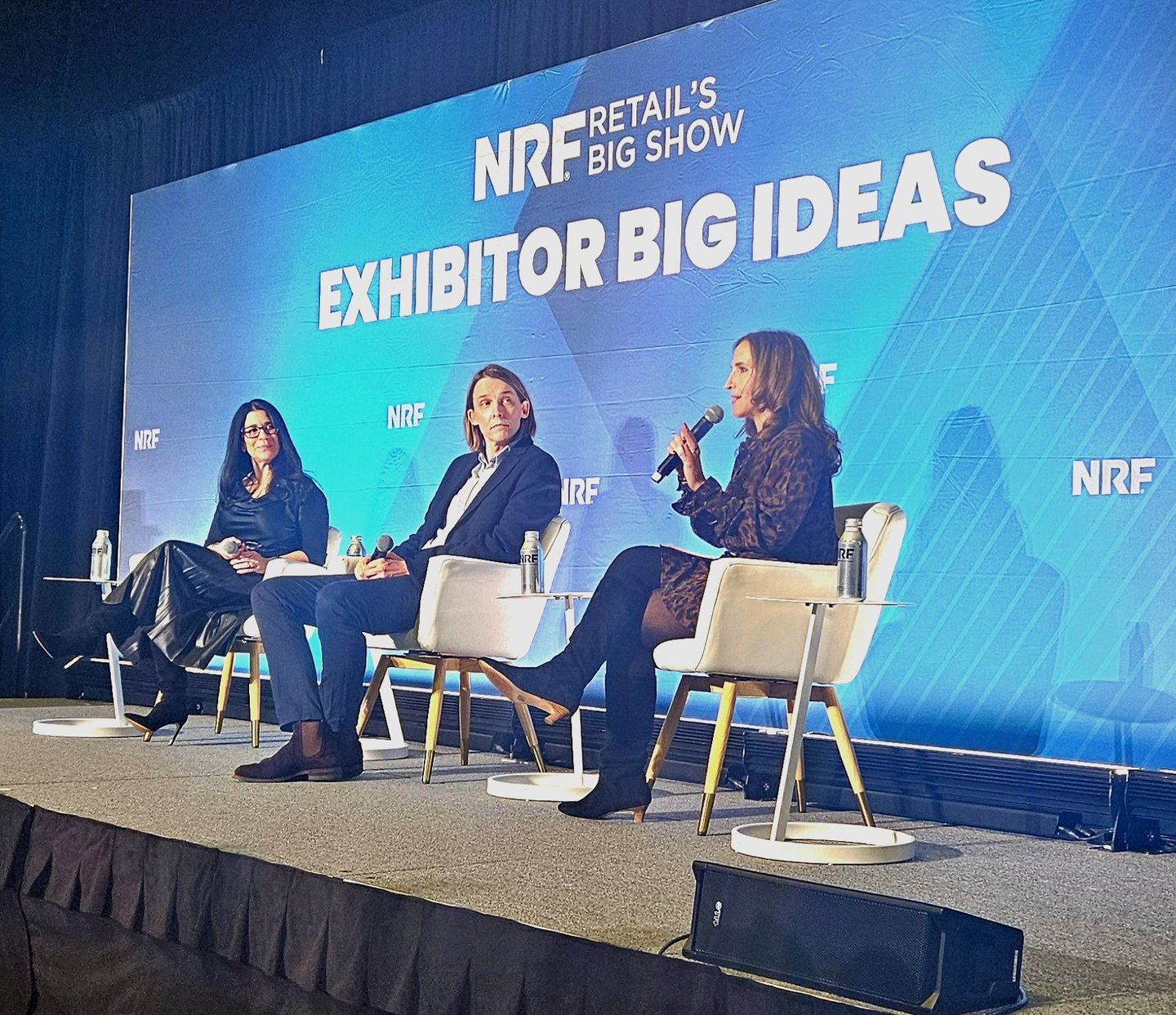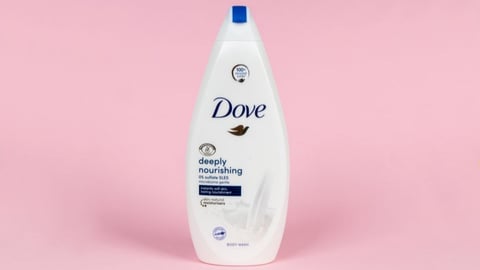SharkNinja and Pandora: How Autonomous AI Will Transform Retail Experiences
Consumer goods companies continue to eye artificial intelligence agents to automate processes that can drive revenue growth. Two brands, SharkNinja and Pandora, are already underway with their use cases, using autonomous AI to transform consumer experiences.
Velia Carboni, CIO of SharkNinja, shared details about ongoing implementations during NRF’s Big Show. The company is migrating its commerce environment to Salesforce by August of 2025, also using its technology like Agent Force to improve product discoverability and heighten brand engagement. Through AI agents, the company looks to autonomously answer product questions, troubleshoot consumer inquiries, and manage returns.
The company — which manufactures Shark vacuum cleaners and beauty tools, as well as Ninja kitchen appliances, such as blenders, air fryers, and ice cream makers — has a history of inventing at least 25 products each year, according to Carboni. The new technology approach will help SharkNinja take over 30 categories of products and create a destination for consumers through which they can access information and tap into its test kitchen.
“It’s an opportunity to really bring those products to life from an experience perspective. So how do we compliment the amazing products we create by creating the right journey for those consumers?” asked Carboni. “It is leveraging all the data that we have with these products and being able to do that at scale.”
Part of the effort has included creating an AI agent that gives consumers access to recipes they can use with SharkNinja products. The value-add is being able to activate on data quickly to elevate the consumer experience.
Also read: Fisher & Paykel Using AI Agents To Automate Customer Service
Getting the Enterprise Ready
It’s not as simply as toggling an “on” switch, however. Baltazar Hasselsteen Ozonek, VP of AI and innovation at jewelry manufacturer Pandora, who is also using similar technology, shared that consumer goods and retail are often faced with problems such as low maturity and adoption, a lack of governance principles, and low-quality data.
“We haven't really cracked the data quality thing yet,” he said of the industry. “So we still need to fix a bit of the foundations. It's AI literacy — actually understanding what this is and what it's not. How can we work with it across the organization?”
Demystifying the technology is going to be extremely important, and part of that means letting everyone get their hands dirty – not just C-level executives, he said. “You need to get acquainted with these tools to understand the value.”
More from NRF: Tapestry and PepsiCo Talk Agentic AI
Carboni is also a proponent of open learning opportunities surrounding AI. At SharkNinja, the company hosts cross-functional gatherings called “hacks” where they “fill the funnel” with as many ideas as possible to continue iterating and getting the entire organization excited — “otherwise you start to see pockets of resistance.”
As a first step into the world of AI, Ozonek recommends reverse engineering: looking up a use case and then breaking that down into the enablers so as to not make any assumptions.
“If you have data that is fit today for some data and analytics purpose, it might not be fit for machine learning or any of these tools,” he said. “For every single dollar you put into something AI, put another dollar into data governance. The capacity is not always where it should be.”







